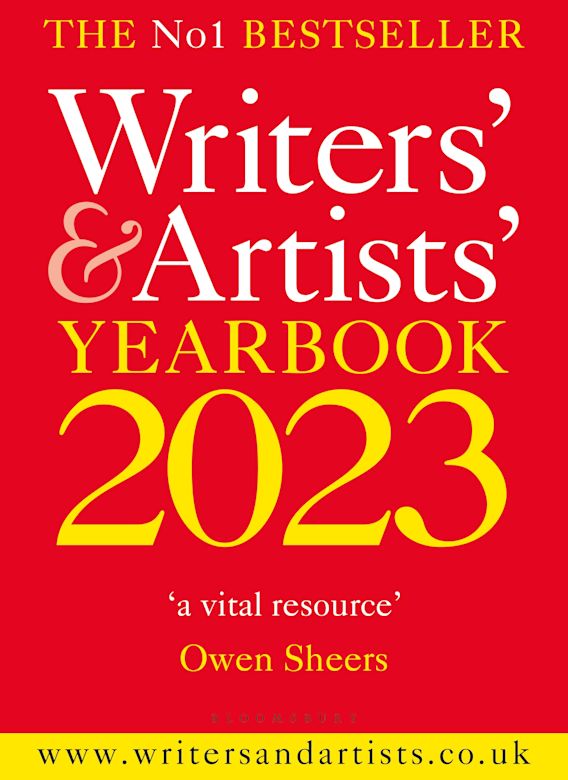In this abridged extract from her article in the Writers' & Artists' Yearbook 2023, Jianan Qian sheds light on the challenges and intricacies of literary translation.

Literary translation is more than Google translation plus human editing. Because every language functions differently, one of our biggest challenges as literary translators is to create something in the target language that will evoke similar feelings in the reader as the original but without deviating too far away. Then again, we translators have to carefully define what we mean by ‘similar’ and ‘too far’ in every individual case. Tone, atmosphere, character, humour, irony, metaphor and rhythm must all stay in our minds as we chew over every word choice. [...]
Literary authors are not well paid, and translators even worse. Besides, it is a fact that the English-speaking world does not read much literature in translation, which means the market can be small. In recent years, however, things are slowly but surely changing. The Booker Prize launched its first International Prize, for literature in translation in 2016, when Korean author Han Kang and her English translator Deborah Smith shared the £50,000 award. In the USA, literary translators can apply for fellowships such as the National Endowment for the Arts and PEN/Heim Translation Fund. Note: those fellowships are very competitive. The American Literary Translators Association (ALTA) is arguably the largest professional community for literary translators in the USA; you should definitely check out their conferences and mentorship programs. Translators across the world also exchange information and ideas in this Facebook group: Literary Translation. [...]
Literary translation also pays off in different ways. As Italian author Elena Ferrante writes (via translator Ann Goldstein) in Incidental Inventions (Europa 2019), ‘My only heroes are translators. […] Translators transport nations into other nations. They are the first to reckon with distant modes of feelings. Even their mistakes are evidence of a positive force. Translation is our salvation. It draws us out of the well in which, entirely by chance, we are born.’ Ferrante’s words deeply resonate with me. Translation teaches me that sometimes I have to move away so I can get closer. The most beautiful souls I have ever met in my life are mostly literary translators. They are altruistic, compassionate, knowledgeable and deeply curious. Whenever I find myself inundated with disturbing news, and feeling hopeless about the future, their friendship inspires and guides me, reminding me of the best of humanity.
This is an abridged version of an article taken from the Writers' & Artists' Yearbook 2023, available to order now from Bloomsbury.com
Jianan Qian is a writer and translator. She has published four books in her native language Chinese, with her latest essay collection, A Future that I Do Not Want to Have listed by Douban as Top 10 Chinese non-fiction in 2019. In English, her works have appeared in the New York Times, Granta, the O. Henry Prize Stories and elsewhere. She has translated five books from English to Chinese, the latest being a story collection by Shirley Jackson. Her English translations with co-translator Alyssa Asquith of Chinese author Zhu Yue’s stories have widely appeared in American journals such as the Washington Square Review, the Portland Review and the Margins.
Comments